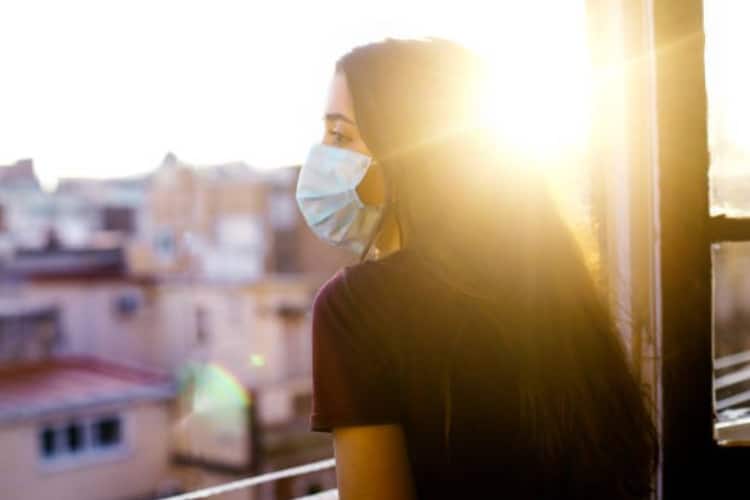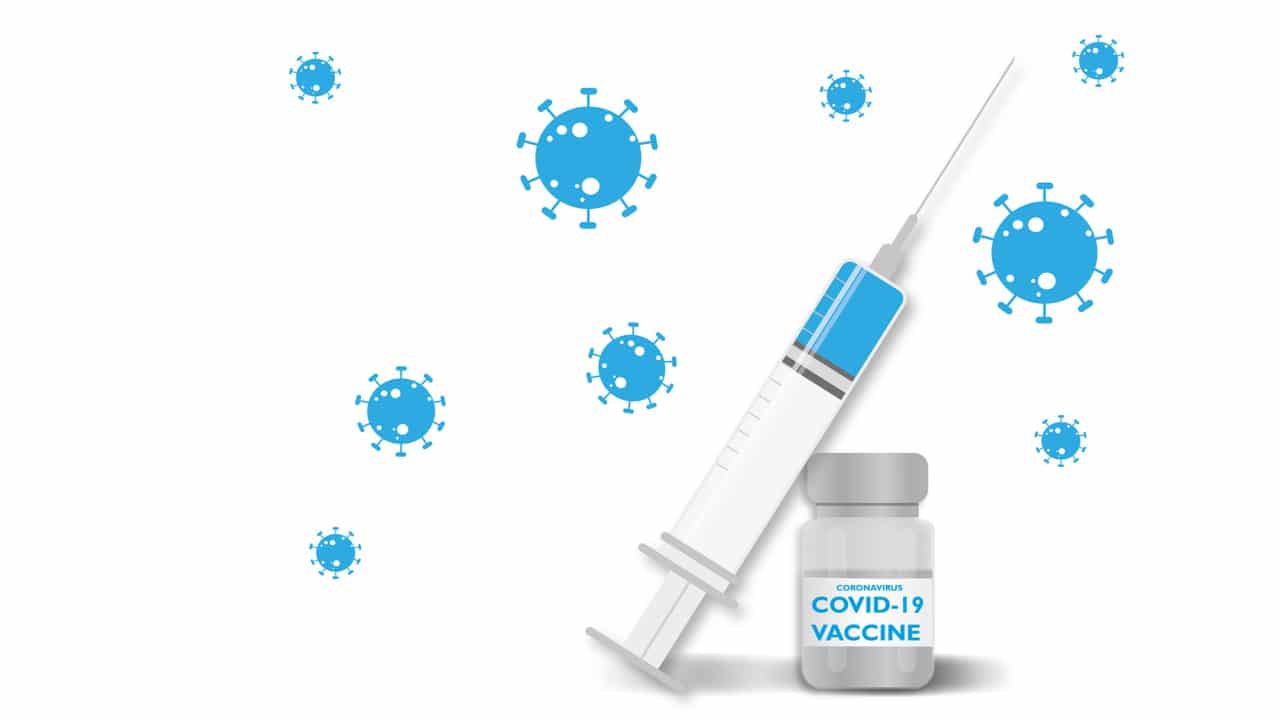
How to Disinfect Your Home from Coronavirus
Did you or someone in your household potentially come in contact with the coronavirus? If so, you need to take extra hygiene precautions to keep the people in your home from getting sick. These measures are also critical for protecting those you don’t know — you could spread the virus at the grocery store before symptoms develop.
What should you do to disinfect your home from COVID-19? Take the following measures.
Table of Contents
- 1. Choose the Right Cleaner
- 2. Wash Your Hands Before and After Cleaning
- 3. Clean and Disinfect Bathrooms After Use
- 4. Use Trash Can Liners
- 5. Wash Dishes in Hot Water
- 6. Wash Laundry at High Heat
- 7. Clean Frequently Touched Surfaces
- 8. Wipe Down Deliveries
- 9. Keep Sick Individuals in Separate Rooms (If Possible)
- Keep Your Home Clean and Coronavirus from Spreading
1. Choose the Right Cleaner
Natural cleaners are beneficial to the planet, but during a pandemic, your family’s safety takes priority. Experts warn that the pH level in distilled vinegar isn’t low enough to kill the virus effectively. Trade-in your homemade versions — for now — and opt for a bleach solution or disinfectant wipes that kill 99% of germs.
The coronavirus can live on surfaces for several days. It tends to linger on hard substances longer, but a wad of mucus in a tissue poses a threat. Always dispose of used paper products in a lined trash can.
2. Wash Your Hands Before and After Cleaning
You should wash your hands before you clean, even if you don’t show symptoms. This action prevents you from spreading germs around as you wipe down surfaces. Also, wash up after you finish to eliminate any nasties you might have picked up while working.
The restroom isn’t the only place you should be washing your hands. However, studies show that people tend to do a better job in the bathroom, perhaps due to the proximity of soap and towels. Make handwashing convenient at every sink by placing soap and paper towels by every water source. If your hands get dry from all the scrubbing, add a lotion dispenser, too.
3. Clean and Disinfect Bathrooms After Use
If you have a sick individual in your home, try to clean and disinfect shared bathrooms every time the person uses the facilities. If the ailing family member is too weak to do so, caregivers should wait as long as possible before entering to disinfect.
4. Use Trash Can Liners
Again, your family’s health takes priority over environmental concerns right now — if you feel guilty using plastic, take comfort in the cleaner air the earth enjoys due to less traffic. Line all trash receptacles with plastic liners and use gloves when you take out the trash.
5. Wash Dishes in Hot Water
Dishes are breeding grounds for germs, so don’t let them pile up in the sink right now. As soon as you finish eating, wash, or at least soak, all dishes in hot, soapy water. Alternatively, you can run the dishwasher on the hottest setting.
6. Wash Laundry at High Heat
If you have laundry facilities in your home, you should set the washer on the warmest setting to kill the maximum number of germs. Make sure to empty the tub immediately after the cycle finishes, as viruses can multiply quickly in damp areas.
If you must use a laundromat or public facilities at your appointment, avoid shaking out your dirty clothes before you wash them. This action could spray viruses all over surfaces. Wear plastic gloves and wash your hands before and after you go.
7. Clean Frequently Touched Surfaces
Some surfaces see more hand time than usual. For example, your cellphone screen has your mitts all over it frequently, so use disinfecting wipes to clean it often. Also, spray down doorknobs, light switches and toilet handle with a bleach solution several times daily.
8. Wipe Down Deliveries
You run a low risk from catching the coronavirus from your takeout containers. However, if you are patronizing delivery systems, please tip your drivers well, use contactless delivery and take these additional steps.
- Place your bags in the sink: While it’s unlikely the virus will transfer from the bag to the counter, it could theoretically happen.
- Put your food on a plate: This way, your hands don’t have to hold the container while you eat.
- Wash your hands: It’s best practice to wash your hands before you eat, anyway.
9. Keep Sick Individuals in Separate Rooms (If Possible)
Finally, if you have a loved one whom you suspect has the virus, keep them isolated from the rest of the crew if possible. If you have children who share rooms, consider taking the asymptomatic kiddo into your room while their sibling recovers. If you usually share a bed with your spouse, inhabit sofa-city while they recuperate.
Keep Your Home Clean and Coronavirus from Spreading
While you may need to take additional hygiene measures during this time, it’s to keep the people you love safe. If everyone works together, society can make coronavirus a memory more quickly.






